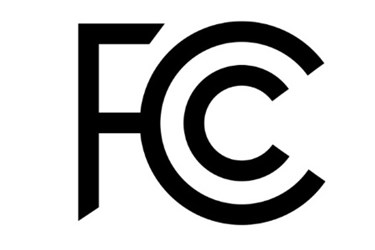FCC Delays Airwaves Auction For Wireless Carriers To 2016
By Chuck Seegert, Ph.D.

Some of the most attractive frequencies traditionally used for television have been slated by the Federal Communications Commission (FCC) for auction to wireless companies. The complexity of the initiative has led to delays in the sale of what some call the “beach front property” of the radio frequency spectrum.
TV stations were once one of the only players in the broadcast game, but with the onset of wireless communications, their hold on certain frequencies may no longer make sense. This is particularly true when traditional broadcast TV has been significantly eroded by network-based entertainment options.
The FCC is planning to auction some of these airwaves to wireless companies, but the deal has been met with certain challenges, according to a recent Reuters report. The task the FCC has undertaken is regarded by some to be its most complex challenge to date, with issues that include economic, political, and engineering aspects. The frequencies in question are very attractive due to their strength and the territories they cover, according to Reuters.
Additionally, a challenge in court from the National Association of Broadcasters has forced the FCC’s Incentive Auction Task Force to delay the auction for a second time, according to Reuters. Originally the auction was scheduled for 2014, but the complexity of the proceedings was overwhelming and more time is now needed — pushing the date back to mid-2015.
“We are confident we will prevail in court, but given the reality of that schedule, the complexity of designing and implementing the auction, and the need for all auction participants to have certainty well in advance of the auction, we now anticipate accepting applications for the auction in the fall of 2015 and starting the auction in early 2016,” wrote Gary Epstein, who chairs the FCC's Incentive Auction Task Force, in an FCC blog post. “Despite this brief delay, we remain focused on the path to successfully implementing the incentive auction.”
While the sale is anticipated, the airwaves first need to be relinquished by the TV station owners, according to Reuters. In addition to gaining more time for these activities, the delay will allow other interested parties, like T-Mobile to argue for restrictions on bidding from larger rivals like AT&T and Verizon. This fall, the FCC will travel around the country to convince TV stations to go off the air or to share frequencies with other stations.
While limiting certain firms’ ability to participate in spectrum incentive auctions may seem attractive to some, there could be significant losses in auction revenues that come as a result. This could potentially lead to greater costs for wireless service in general.
